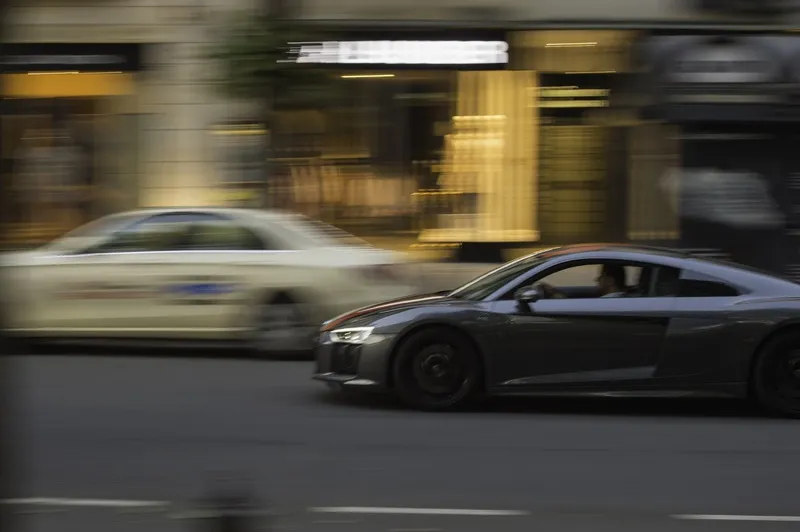According to data received by BBC Radio 5 Live in response to a Freedom of Information request, more than 2,000 motorists in the UK were caught by police speeding at more than 100mph in the last year.
The figures come from 42 of the UK's 45 police forces which were asked to supply details for the 2014-15 financial year on the number of offences they recorded where a motorist was found to be travelling at 100mph, either by a speed camera or from an officer's speed radar. Forces were also asked to supply t
February 26, 2016
Read time: 2 mins
According to data received by BBC Radio 5 Live in response to a Freedom of Information request, more than 2,000 motorists in the UK were caught by police speeding at more than 100mph in the last year.
The figures come from 42 of the UK's 45 police forces which were asked to supply details for the 2014-15 financial year on the number of offences they recorded where a motorist was found to be travelling at 100mph, either by a speed camera or from an officer's speed radar. Forces were also asked to supply the maximum speed, location and make and model of vehicle involved.
Three forces - Greater Manchester, Kent and Thames Valley - did not supply any information while others only provided some of the requested details.
The responses showed at least 2,169 traffic reports were filed by UK police forces against motorists, most in cars but some on motorcycles, travelling at more than 100mph.
The highest speed recorded was a1731 BMW M4 coupe travelling at 156mph on the A1(M) in Cambridgeshire in March, more than twice the national limit. A 1685 Mercedes C200 was recorded at155mph on the M1 in Hertfordshire, and a 3883 Jaguar at 144mph on the M4 in Gloucestershire.
The figures supplied by those forces specifying an exact speed showed 152 out of the 2,169 motorists were clocked going at 120mph or faster, with 43 stopped driving at speeds of at least 130mph.
The National Police Chiefs Council lead for Roads Policing, Chief Constable Suzette Davenport, told the BBC: "Speed is a significant factor in fatal road accidents and extreme speed causes an even greater risk to road users."
The figures come from 42 of the UK's 45 police forces which were asked to supply details for the 2014-15 financial year on the number of offences they recorded where a motorist was found to be travelling at 100mph, either by a speed camera or from an officer's speed radar. Forces were also asked to supply the maximum speed, location and make and model of vehicle involved.
Three forces - Greater Manchester, Kent and Thames Valley - did not supply any information while others only provided some of the requested details.
The responses showed at least 2,169 traffic reports were filed by UK police forces against motorists, most in cars but some on motorcycles, travelling at more than 100mph.
The highest speed recorded was a
The figures supplied by those forces specifying an exact speed showed 152 out of the 2,169 motorists were clocked going at 120mph or faster, with 43 stopped driving at speeds of at least 130mph.
The National Police Chiefs Council lead for Roads Policing, Chief Constable Suzette Davenport, told the BBC: "Speed is a significant factor in fatal road accidents and extreme speed causes an even greater risk to road users."








